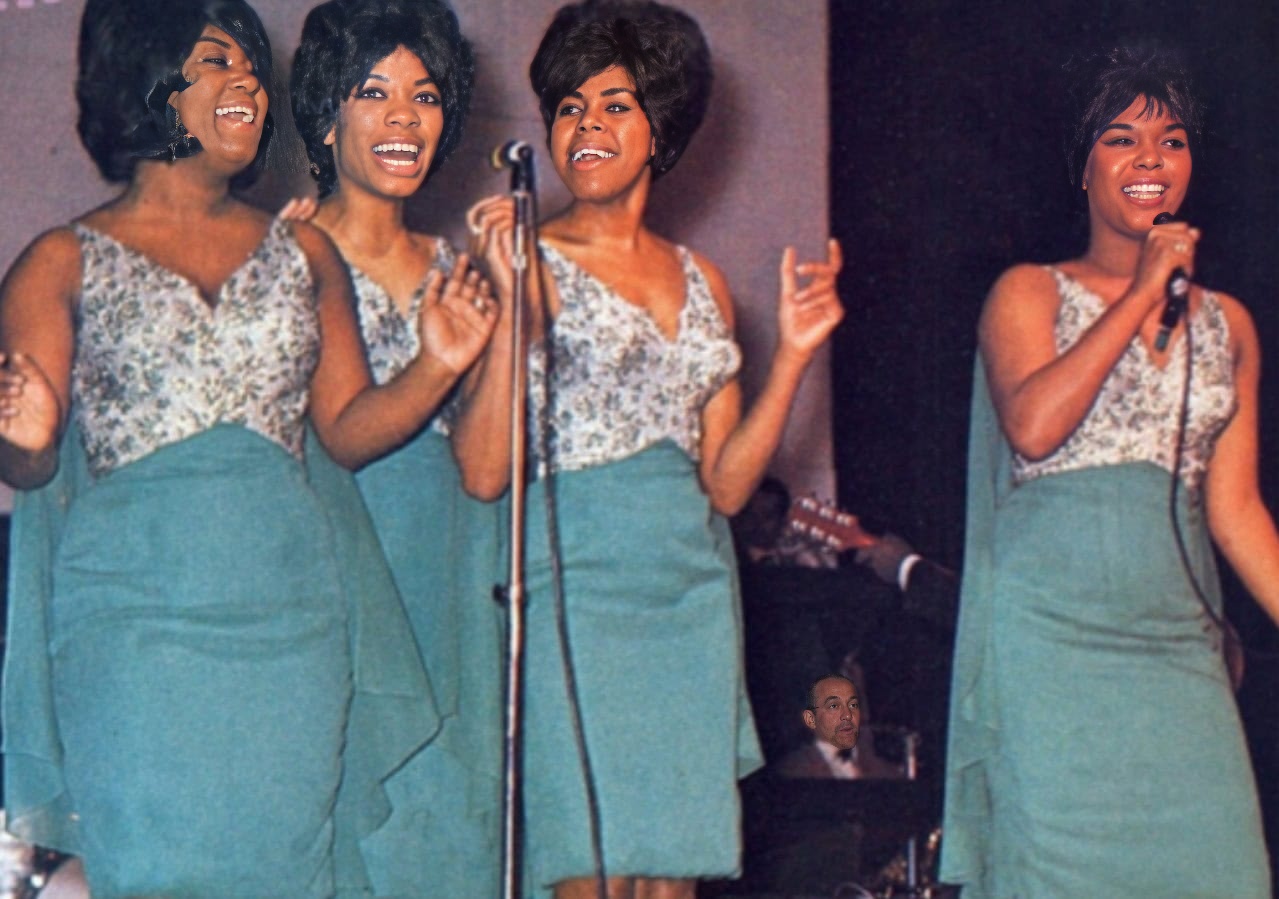
“Will You Love Me Tomorrow,” released in 1960 by The Shirelles, stands as a landmark achievement in American music history. It was not just a chart-topping hit, but a cultural touchstone that explored the anxieties and vulnerabilities of young love with unprecedented frankness for its time. The Shirelles, a quartet comprised of Shirley Owens (later Shirley Alston Reeves), Addie “Micki” Harris, Doris Coley, and Beverly Lee, became the first African-American girl group to reach #1 on the Billboard Hot 100 with this poignant ballad, paving the way for countless other female artists.
Penned by the legendary songwriting duo Gerry Goffin and Carole King, the song’s lyrics capture the universal uncertainty that can follow a night of intimacy. A young woman, caught in the throes of new love, questions whether the tenderness she experienced will endure the light of day. “Is this a lasting treasure, or just a moment’s pleasure?” she wonders, giving voice to the fragile hope and inherent risk that accompany emotional vulnerability. The song’s delicate arrangement, featuring a gentle string accompaniment and the Shirelles’ signature close harmonies, perfectly complements the lyrical content, creating an atmosphere of both intimacy and apprehension.
The impact of “Will You Love Me Tomorrow” was immediate and profound. It resonated deeply with a generation navigating shifting social mores and grappling with evolving attitudes toward romance and relationships. The song’s vulnerability, coupled with its timeless melody, transcended racial barriers, becoming a crossover hit that appealed to a broad audience. Its success solidified The Shirelles’ place in music history, establishing them as pioneers in the girl group genre and influencing generations of artists to come. Beyond its commercial success, “Will You Love Me Tomorrow” garnered critical acclaim, cementing its status as a classic. It remains a staple on oldies radio and continues to evoke a nostalgic longing for a simpler time, while its themes of love, doubt, and hope continue to resonate with listeners today. It’s a testament to the enduring power of honest storytelling in music.